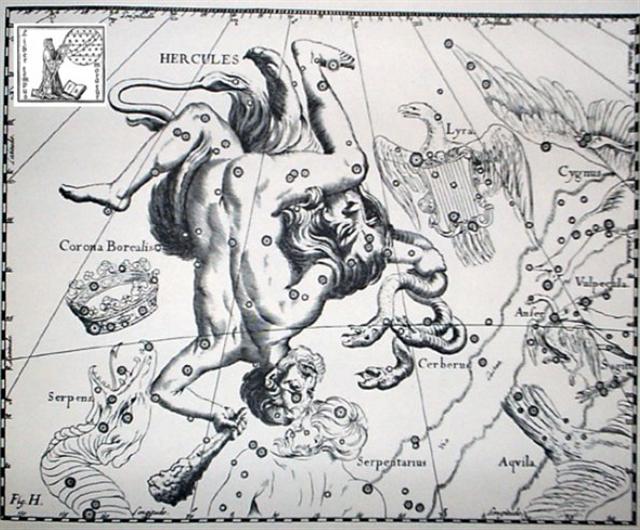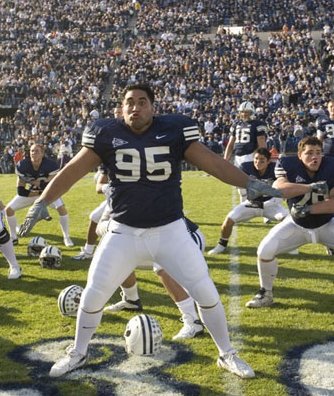Ba9.5 The figure in Ba9-5 seems to be in some kind of opposition to that in Ca5-20.
... The divine first appears abstractly, as generative-spirit-in-itself. Only after seven epochs of the po, the long night of the world's self-generation, are the gods as such born - as siblings to mankind. God and man appear together, and in fraternal strife over the means of their reproduction: their own older sister. Begun in the eighth epoch of creation, this struggle makes the transition to the succeeding ages of the ao, the 'day' or world known to man. Indeed the struggle is presented as the condition of the possibility of human life in a world in which the life-giving powers are divine. The end of the eighth chant thus celebrates a victory: 'Man spread about now, man was here now; / It was day [ao].' And this victory gained over the god is again analogous to the triumph achieved annually over Lono at the New Year, which effects the seasonal transition, as Hawaiians note, from the time of long nights (po) to the time of long days (ao). The older sister of god and man, La'ila'i, is the firstborn to all the eras of previous creation. By Hawaiian theory, as firstborn La'ila'i is the legitimate heir to creation; while as woman she is uniquely able to transform divine into human life. The issue in her brothers' struggle to possess her is accordingly cosmological in scope and political in form. Described in certain genealogies as twins, the first two brothers are named simply in the chant as 'Ki'i, a man' and 'Kane, a god'. But since Ki'i means 'image' and Kane means 'man', everything has already been said: the statuses of god and man are reversed by La'ila'i's actions. She 'sits sideways', meaning she takes a second husband, Ki'i, and her children by the man Ki'i are born before her children by the god Kane ... In the succeeding generations, the victory of the human line is secured by the repeated marriages of the sons of men to the daughters of gods, to the extent that the descent of the divine Kane is totally absorbed by the heirs of Ki'i. (Marshall Sahlins, Islands of History)
|
||||||||||||||||||||||||||||||||||||||||||||||




